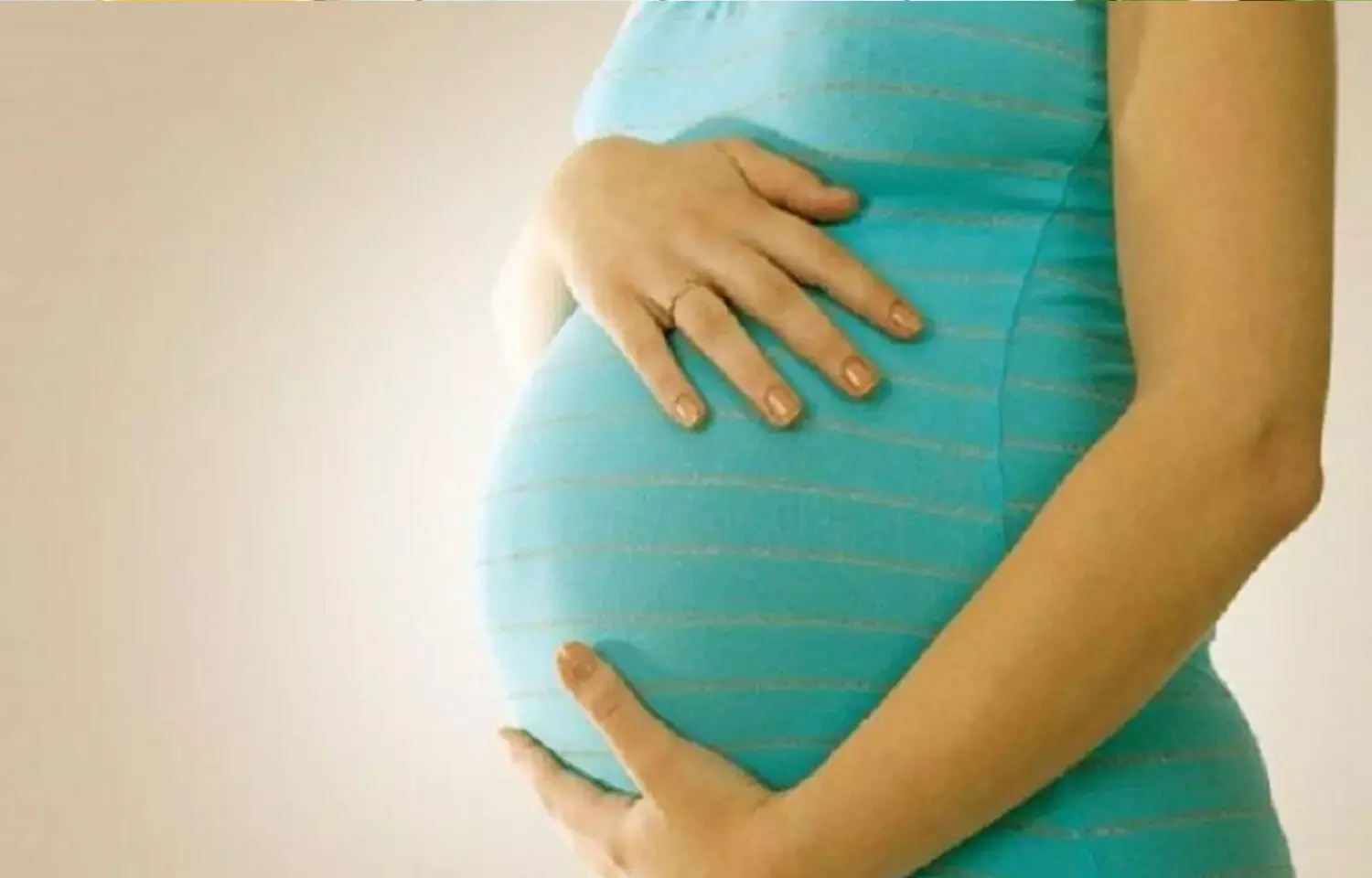- Home
- Medical news & Guidelines
- Anesthesiology
- Cardiology and CTVS
- Critical Care
- Dentistry
- Dermatology
- Diabetes and Endocrinology
- ENT
- Gastroenterology
- Medicine
- Nephrology
- Neurology
- Obstretics-Gynaecology
- Oncology
- Ophthalmology
- Orthopaedics
- Pediatrics-Neonatology
- Psychiatry
- Pulmonology
- Radiology
- Surgery
- Urology
- Laboratory Medicine
- Diet
- Nursing
- Paramedical
- Physiotherapy
- Health news
- Fact Check
- Bone Health Fact Check
- Brain Health Fact Check
- Cancer Related Fact Check
- Child Care Fact Check
- Dental and oral health fact check
- Diabetes and metabolic health fact check
- Diet and Nutrition Fact Check
- Eye and ENT Care Fact Check
- Fitness fact check
- Gut health fact check
- Heart health fact check
- Kidney health fact check
- Medical education fact check
- Men's health fact check
- Respiratory fact check
- Skin and hair care fact check
- Vaccine and Immunization fact check
- Women's health fact check
- AYUSH
- State News
- Andaman and Nicobar Islands
- Andhra Pradesh
- Arunachal Pradesh
- Assam
- Bihar
- Chandigarh
- Chattisgarh
- Dadra and Nagar Haveli
- Daman and Diu
- Delhi
- Goa
- Gujarat
- Haryana
- Himachal Pradesh
- Jammu & Kashmir
- Jharkhand
- Karnataka
- Kerala
- Ladakh
- Lakshadweep
- Madhya Pradesh
- Maharashtra
- Manipur
- Meghalaya
- Mizoram
- Nagaland
- Odisha
- Puducherry
- Punjab
- Rajasthan
- Sikkim
- Tamil Nadu
- Telangana
- Tripura
- Uttar Pradesh
- Uttrakhand
- West Bengal
- Medical Education
- Industry
Poor iodine levels in women may risk fetal intellectual development in pregnancy

An increasing number of young Australian women are at increased risk of having children born with impaired neurological conditions, due to poor iodine intake.
Dietary changes, including a growing trend towards the avoidance of bread and iodised salt, as well as a reduced intake of animal products containing iodine can contribute to low iodine levels.
A small pilot study undertaken by the University of South Australia (UniSA) comparing iodine levels between 31 vegan/plant-based participants and 26 omnivores has flagged the potential health risk.
Urine samples showed iodine readings of 44 ug/L in the plant-based group, compared to the meat eaters' 64 ug/L level. Neither group came close to the World Health Organization's recommended 100 grams per litre.
Participants from both groups who chose pink or Himalayan salt instead of iodised salt had severely deficient iodine levels, averaging 23 ug/L.
The findings have been published in the International Journal of Environmental Research and Public Health.
While the study was undertaken in South Australia, it builds evidence on a 2017 US study (1) that found nearly two billion people worldwide were iodine deficient, resulting in 50 million experiencing clinical side effects.
UniSA research dietitian Jane Whitbread says adequate iodine is essential for fetal intellectual development.
"Mild to moderate iodine deficiency has been shown to affect language development, memory and mental processing speeds," Ms Whitbread says.
"During pregnancy, the need for iodine is increased and a 150mcg supplement is recommended prior to conception and throughout pregnancy. Unfortunately, most women do not take iodine supplements before conceiving. It is important to consume adequate iodine, especially during the reproductive years."
Dietary sources of iodine include fortified bread, iodized salt, seafoods including seaweeds, eggs, and dairy foods.
Concerns about the link between poor iodine status and impaired neurological conditions in newborns prompted the mandatory fortification of non-organic bread with iodised salt in 2009 in Australia.
It has since been reported that women who consume 100g of iodine-fortified bread every day (approximately three pieces) have five times greater chance of meeting their iodine intake compared to women who don't consume that much. The average amount of bread consumed by women in this study was one piece of bread.
The growing preference of Himalayan salt over iodized table salt may also be problematic, Ms Whitbread says. A quarter of women in the study reported using the pink salt which contains an insignificant level of iodine.
Another issue is that plant-based milks have low levels of iodine and are not currently fortified with this nutrient.
Neither group met the estimated average requirement (EAR) for calcium.
The vegan/plant-based group also did not reach the recommended levels for selenium and B12 without supplementation, but their dietary intake of iron, magnesium, vitamin C, folate and fibre was higher than the meat eaters. This reflects the inclusion of iron-rich soy products, wholemeal foods, legumes, and green leafy vegetables in their diet.
The researchers recommended that both new salts and plant milks be fortified with iodine as well as a campaign to raise awareness about the importance of iodine in the diet, especially for women in their reproductive years.
They also called for a larger study sample to determine iodine status of Australian women.
Hina Zahid Joined Medical Dialogue in 2017 with a passion to work as a Reporter. She coordinates with various national and international journals and association and covers all the stories related to Medical guidelines, Medical Journals, rare medical surgeries as well as all the updates in the medical field. Email: editorial@medicaldialogues.in. Contact no. 011-43720751
Dr Kamal Kant Kohli-MBBS, DTCD- a chest specialist with more than 30 years of practice and a flair for writing clinical articles, Dr Kamal Kant Kohli joined Medical Dialogues as a Chief Editor of Medical News. Besides writing articles, as an editor, he proofreads and verifies all the medical content published on Medical Dialogues including those coming from journals, studies,medical conferences,guidelines etc. Email: drkohli@medicaldialogues.in. Contact no. 011-43720751


